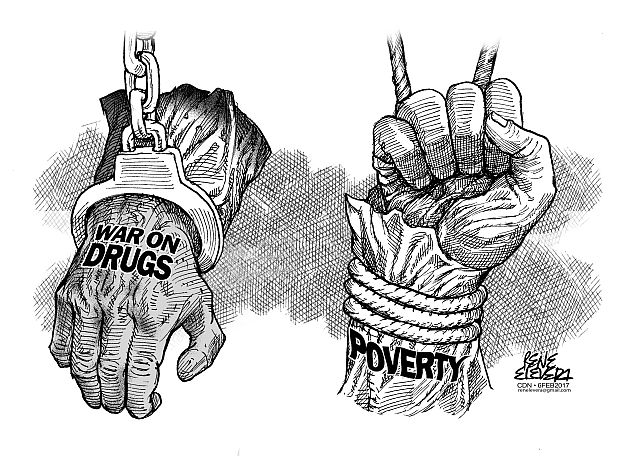
No amount of push-ups nor public scolding from PNP Director General Ronald “Bato” dela Rosa will do the work of cleansing the Philippine National Police (PNP) of scalawags who were responsible for the kidnapping and murder of a South Korean businessman and the extortion of several million pesos’ worth of ransom from his wife who was forced to pay despite not knowing that her husband was already dead.
But the national government took the right step in relegating the PNP to a support role and shifting the leadership to the Philippine Drug Enforcement Agency (PDEA) which should be the case since their name and mandate speaks for itself.
It had been a rough few weeks for the PNP and the National Bureau of Investigation (NBI) after some of its people were placed under investigation for the kidnapping and eventual murder of the businessman Jee Ick-Joo near Bato’s office.
While the execution of poor drug suspects by masked vigilantes didn’t bother the Duterte administration, the businessman’s murder sparked a revamp that resulted in the PDEA taking the lead and President Rodrigo Duterte sparking talks about reviving the Philippine Constabulary-Integrated National Police (PC-INP).
While the President expressed his regret over the killing, neither is he slowing down as he tapped the military to support the PDEA in the war on drugs. This plus the revival of the PC-INP shows that the anti-drugs campaign is taking on a more militaristic stance.
It also fueled growing concerns over the looming possibility of martial law rule despite President Duterte’s assurances that he won’t declare or impose it. Though to be clear, President Duterte said he can impose martial law even without any public declaration nor clearance from Congress.
Apparently lost in the sidelines of this major revamp is the necessity for other solutions to reduce the drug menace other than using force or rounding up all the drug suspects and jailing them as well as compelling drug addicts to undergo rehab at taxpayers’ expense.
The church had been invited by the government to help in the war on drugs by allowing the use of their facilities as drug rehab and reform for the drug users, and they have positively responded to the proposal.
But why should the government spend so much focus on the law enforcement aspect and not on addressing the social and economic roots that continue to feed on the drug problem? They would most likely leave that to the church and the other stakeholders who also have other duties to attend to other than their own.
And no, the country doesn’t need another PC-INP to solve the drug problem; it needs its police force, existing law enforcement agencies, the prosecution service and the courts to shape up and speed up the prosecution of drug cases and offenders.